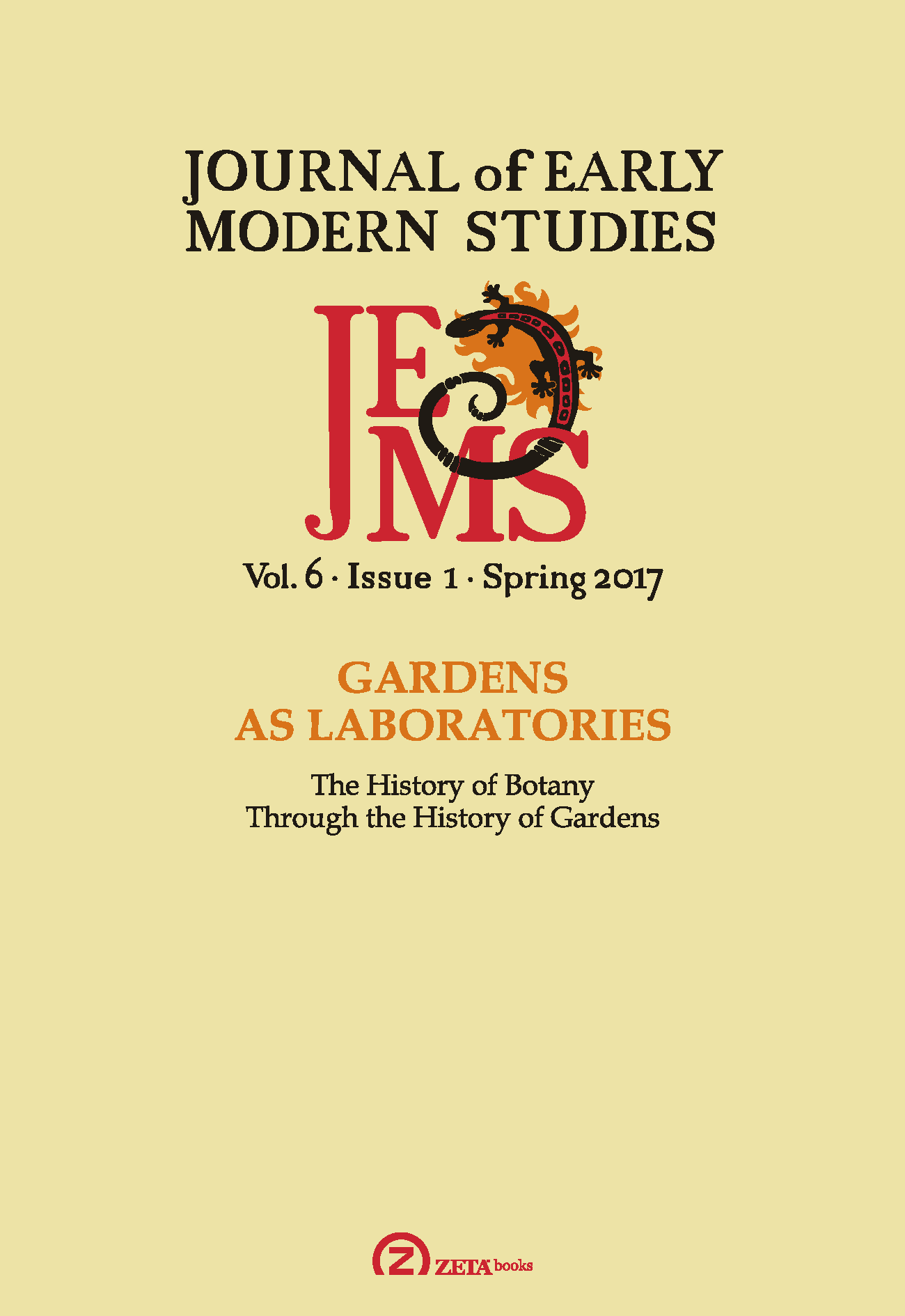
We kindly inform you that, as long as the subject affiliation of our 300.000+ articles is in progress, you might get unsufficient or no results on your third level or second level search. In this case, please broaden your search criteria.

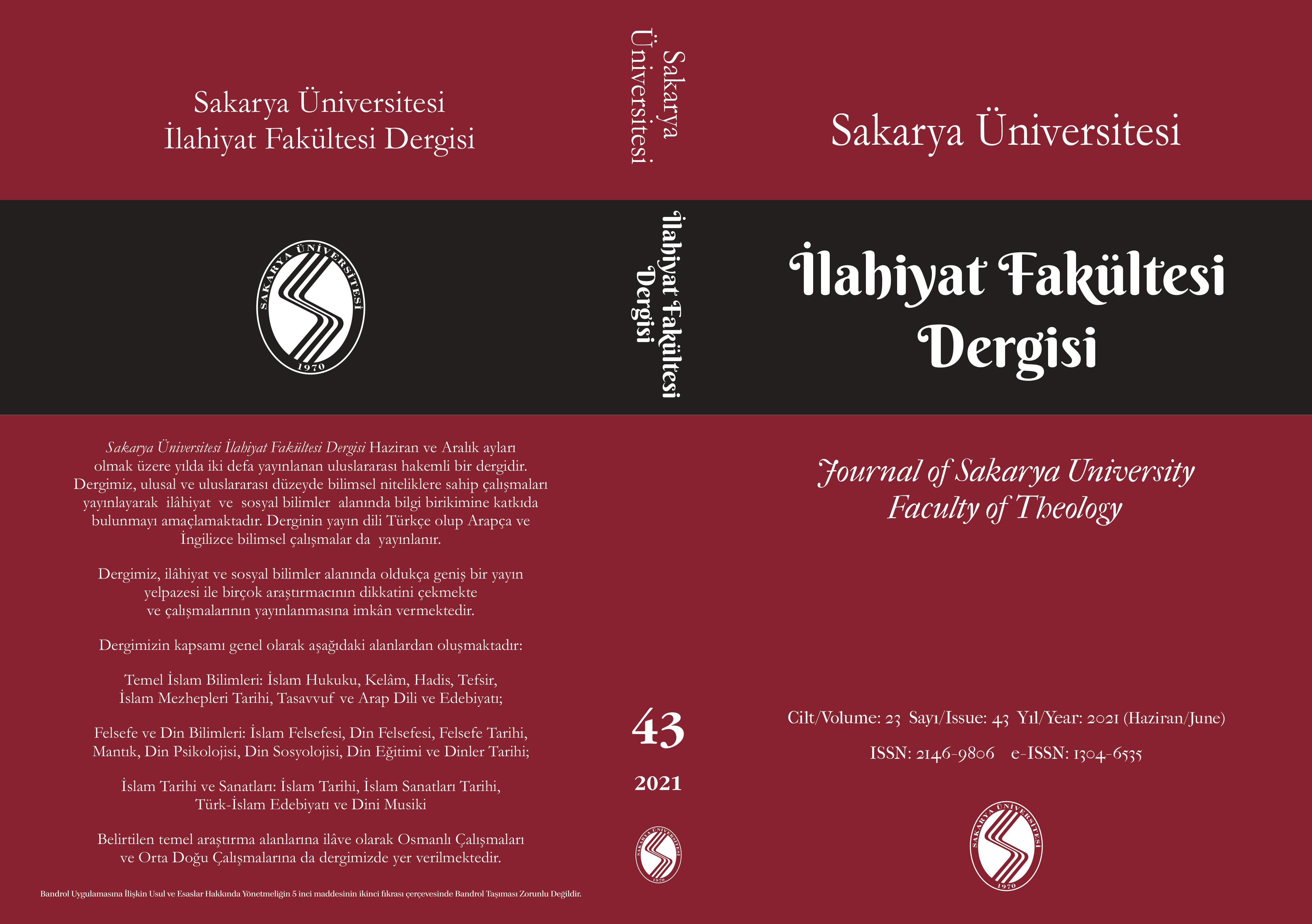
This article deals with the polemic between William Whewell and John Stuart Mill, two major thinkers of 19th century British moral thought. In his work, Lectures on the History of Moral Philosophy in England, Whewell criticized Bentham and utilitarianism. Mill also wrote an article titled "Whewell on Moral Philosophy" to answer these criticisms. Whewell generally accuses utilitarianism of evaluating actions on the basis of pleasure and pain and Bentham of building a moral theory on pleasure and pain; Mill accuses Whewell of solving the relation between self-interest and duty by appealing to God, and of appealing to utilitarian reasons when generating justifications for the basic moral principles of his system. This polemic, in which both thinkers often apply rhetorical tricks, is a polemic in which opinions are supported by popular arguments rather than technical ones. In this polemic, Whewell's main purpose is to show that utilitarianism does not have as strong foundations as it seems, while Mill's aim is to present that Whewell's criticisms are based on prejudices. In this context, based on the answers given, it can be said that Mill is more successful than Whewell, which I think should not be accepted as the absolute defense of both theories.
More...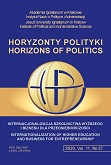
RESEARCH OBJECTIVE: The purpose of the work is to characterise the concept of the law of nature, society, social contract, ownership developed by the main philosophers of Enlightenment, J. Locke and J.J. Rousseau. THE RESEARCH PROBLEM AND METHODS: The research topics presented in the paper are exploratory and answer the following questions: What are the main elements of Enlightenment as a philosophical era? What were the concepts of society and social contract developed by J. Locke and J.J. Rousseau? What were the theories of ownership developed by both philosophers? The research method was based on the analysis and fragment of texts by J. Locke and J.J. Rousseau. THE PROCESS OF ARGUMENTATION: The article consists of two parts. The first contains the characteristics of the Enlightenment period. The second presents the characteristics of society, social contract, ownership developed by both thinkers. THE RESEARCH RESULTS: The author shows that the concepts of both Locke and Rousseau emphasise the independence of the world of nature, society and a human subject in comparison with the earlier philosophical and social theories. The laws of nature and social contracts are the basis of moral norms. CONCLUSIONS, INNOVATIONS, AND RECOMMENDATIONS: The two Enlightenment concepts of man and society are based on the concept of nature and the laws of nature created by God. Nature is a primary, exemplary, perfect period. Ownership, egoistic relations between people and power impede human life and development. The principal ideas of both thinkers laid the foundation for the Enlightenment.
More...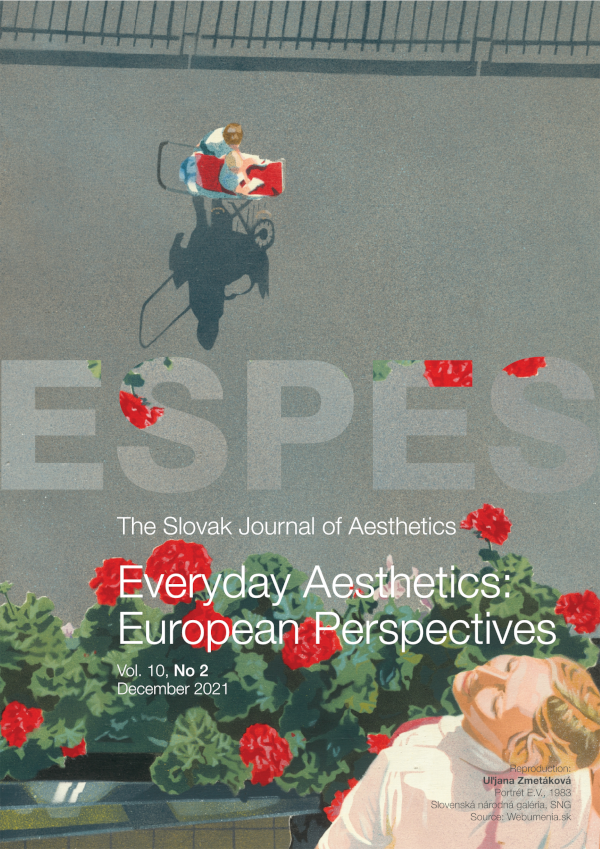
This study looks at the emerging branch of everyday aesthetics from the perspective of the fracture which exists in its core, as a result of the double reading of the everyday: the first, which elevates it to the realm of the extraordinary and the second, in which it remains strictly ordinary. Our purpose here is to repair this fracture by turning to David Hume’s functionalist aesthetics, where disinterest and utility are reconciled through sympathy and the affective experience of otherness that it provides. Once transferred to the everyday sphere, sympathy facilitates understanding between these two versions, since the aesthetic appreciation of everyday objects or common activities requires, like the second version, that they remain in the practical environment and, like the first, to see something special in them, which is the possibility of one’s own or another’s well-being.
More...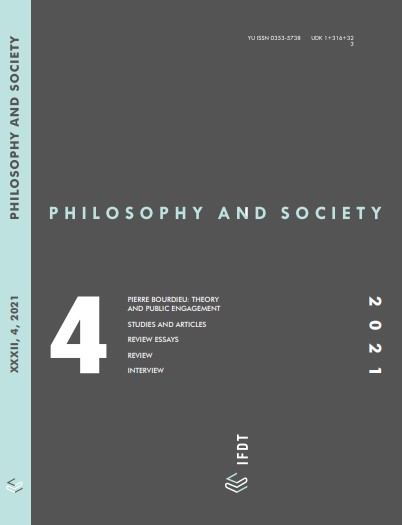
Hegel’s Phenomenology of Spirit put alienation high on the philosophical agenda, as was readily recognized by Marx. Relatively well-known is also that Hegel’s concept of alienation was inspired by Goethe’s translation of Diderot’s dialogue Rameau’s Nephew, but the details and the conceptual implications of these details typically escape scholarly attention. Recognizing the basic idea of alienation as not-belonging to or being deprived of something, I emphasize that alienation implies a movement towards the limits of the human being, in which the mental suffering this involves is conditioned by social pathologies. To substantiate this claim, I show how Diderot’s satire implies uncompromising materialist social criticism, but that it does not employ the term ‘aliénation’ but instead reserves it for a kind of frenzy that borders on insanity. My claim is then that, in Goethe’s translation of Diderot’s dialogue, and in his translation of ‘aliénation’ to ‘Entfremdung’, Hegel found a general key for the conceptual critique of the spirit of Modernity. I therefore argue that, in the Phenomenology, Hegel employed alienation in more than one sense, raising madness to the level of a characteristic of Modernity, stressing the detrimental implications for consciousness under such living conditions, emphasizing how alienation works as negation, and, finally, pointing nevertheless to the possibility of embracing social and political reality.
More...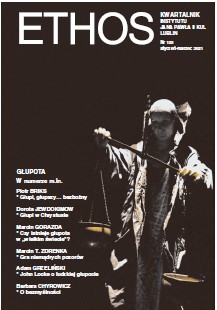
The article discusses the various manifestations of human irrationality analyzed by John Locke in his Essay Concerning Human Understanding. According to Locke, human understanding’s weaknesses have a twofold character: they can be treated as natural imperfections of cognitive faculties and as mental diseases such as madness. Locke’s analyses lead to the conclusion that the notion of human nature has no clearly delineated boundaries. Rationality, an essential quality of a human being, is only a potency that can be realized to a varying degree. Children, idiots, and madmen occupy a specific place: they are human, but their minds function in a limited way. It turns out that folly is permanently inscribed in human nature and can manifest itself as the immaturity or defect of the reason of individual people, but also of human societies. The task of philosophy is not so much to cure the human mind as to prevent its diseases. Seen from this perspective, Locke’s writings on practical issues, whether religious or political, serve this very project: preventing an excessive development of human irrationality.
More...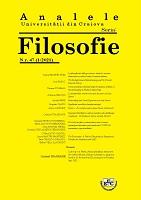
The paper tries to demonstrate the hypothesis that the Enlightenment epistemology, synthetically represented by Kant, is the unity between the epistemological criticism or more precisely the epistemological (and not mathematical) constructivist approach of knowledge as mental processing of the tools of mind and the ethical maximalism of the categorical imperative. Actually, the ethical maximalism was conceived of and is conceivable only in tandem with and as a result of the epistemological constructivism that alone enabled the responsibility without which the ethical stakes remain an exterior normative speculation. The unity arose from and supported the development of the concept of critique as autonomous use of reason, of education of the critical spirit, and of public presence of critiques. Surveying Kant’s What is Enlightenment and Contest of Faculties, the concepts and the logic related to the critical spirit are described, as well as their interpretations by Deleuze and Foucault. One conclusion of the article is that the radical character of Enlightenment is given not by its liberal political theories but just by the above mentioned unity. With Enlightenment, criticism became more than the critique of empirical facts and abstract theories: it became a transcendental methodology uniting the conditions of every type of criticism and advancing the logic of self-criticism and moral construction.
More...
The article presents the experience of Hrуhoriі Skovoroda's philosophy of thinking in the context of the concept of man's rooting. It is emphasized that the basis for the teaching of the philosopher were moral and ethical reflections, and their main object was the spiritual world of man, knowledge of nature and the essence of personality, possibilities and the necessity of achieving happiness and freedom. The latter is realized through self-knowledge, moral perfection of man, through activities aimed at self-creation and the search for affinity. The understanding of the “affinity of labor” by Н. Skovoroda correlates with the concept of man's rooting by virtue of the existential nature and orientation of unrooted man who has no support in the world. The anthropologically-existential character of the concept of “affinity of labor” is emphasized, which makes it possible to define it as a spiritual and practical way of man rootedness, the epicentre of which are moral values and personal feelings.
More...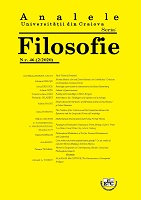
I will interpret Leibniz's monadology as “quasi-monism”, or “nearly monism”, or, from another perspective, a Monism of a special kind. The “quasi monistic” thesis is as follows: the man is a Monad, that is, a simple substance endowed with perception, appetition, memory and reason; a closer look shows that man is soul and body; at a deeper level, we find form and matter; even deeper, we have a substantial form united to a primary matter; deeper more, one finds active force and primitive passive force and soon to infinity. This is the reason and context on which I intend to do a reverse chronological reading, from the writings of 1716 to the writings of 1695, in order to see the exciting game of two kinds of metaphysics: disclosed metaphysics and hidden metaphysics.
More...
In our analysis we deal with some interpretations of the concept of the idea in the history of philosophy. We concentrate our investigations on the following authors: Plato, Descartes, Locke and Berkeley. In particular, - Throughout our analysis of Plato, we interpret ideas as the entities which pave the way to the discovery of transcendence. Ideas show, by virtue of their existence, that not only the sphere of the average life and not only the sphere of perception exist. Correspondingly, individuals cannot be reduced to the dimension of their sphere perception. Through the recollection of the ideas, the subject can acknowledge that there is a reality dimension which transcends the dimension of the senses. Descartes enables us to observe the search for the conditions of certainty regarding the activity of the minds. Descartes’ strategy, through his inquiry into the innate idea of God and into the contents of this idea, is directed to the demonstration of the existence of God: the demonstration of the existence of God is functional to the foundation of the possibility of certainty of the mental and cognitive activities of the subject. Locke considers the dimension of the internal and external experience as the very root of the ideas: this position corresponds to Locke’s refusal of any form of innatism whatsoever. Locke does not admit any innate idea, and sees the origins of the ideas only in the external and internal experience. Innatism of whichever ideas cannot be accepted; the subject is completely dependent on his experience. A regards Berkeley, we concentrate our investigation on Berkeley’s strategy of refusal of materialism. In Berkeley’s view, there is nothing else than ideas in the mind of the subject. All objects are equivalent to ideas. From the existence of the ideas the subject cannot legitimately infer the existence of a reality which is independent of his own mind. The investigation on the characteristics and sources of the ideas demonstrates that there is no independent existence of entities outside God’s mind.
More...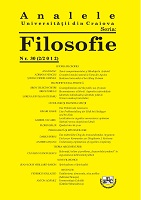
In this article I will start from the critic of the metaphysical realism and I will analyze the internal realism proposed by Hilary Putnam. I will refer to the main thesis, but also some critical issues. At the same time, I will try to see if internal realism is a form of realism. I will also try to identify the role that this doctrine has in Putnam’s philosophical program.
More...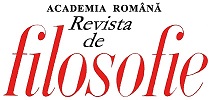
Freedom is that state of the individual in which he is not affected by constraints and in which he can choose without external influence, that is, he can do what he wants. Although we would be tempted to believe that both Spinoza and Descartes have a common vision of freedom and free will, since they both have the same starting point: they both accept the identity between the free will and the knowledge of God. But unlike Descartes, Spinoza is tempted to grant the primacy of knowledge.
More...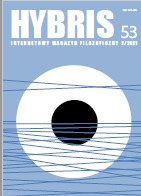
[VIII 389]1 Miano filozofii, po tym jak utraciło swoje pierwsze znaczenie naukowo uprawianej mądros ci z ycia, juz bardzo wczes nie weszło w obieg jako nazwa ozdoby intelektu niepospolitych mys licieli, kto rym filozofia obecnie jawi się jako sposo b odsłaniania tajemnicy. – Asceci z Pustyni Makaryjskiej swo j stan zakonny nazywali filozofią. Alchemik okres lał się mianem philosophus per ignem. Skupieni w loz ach masoni czaso w staroz ytnych i nowoz ytnych dzięki tradycji są adeptami pewnej tajemnicy, o kto rej zawistnie nie chcą nam rzec ni słowa (philosophus per initiationem). Wreszcie najnowszymi jej [scil. tajemnicy] włas cicielami są ci, kto rzy mają ją w sobie, ale na nieszczęs cie nie potrafią jej wypowiedziec oraz wszem i wobec zakomunikowac za pomocą języka (philosophus per inspirationem).
More...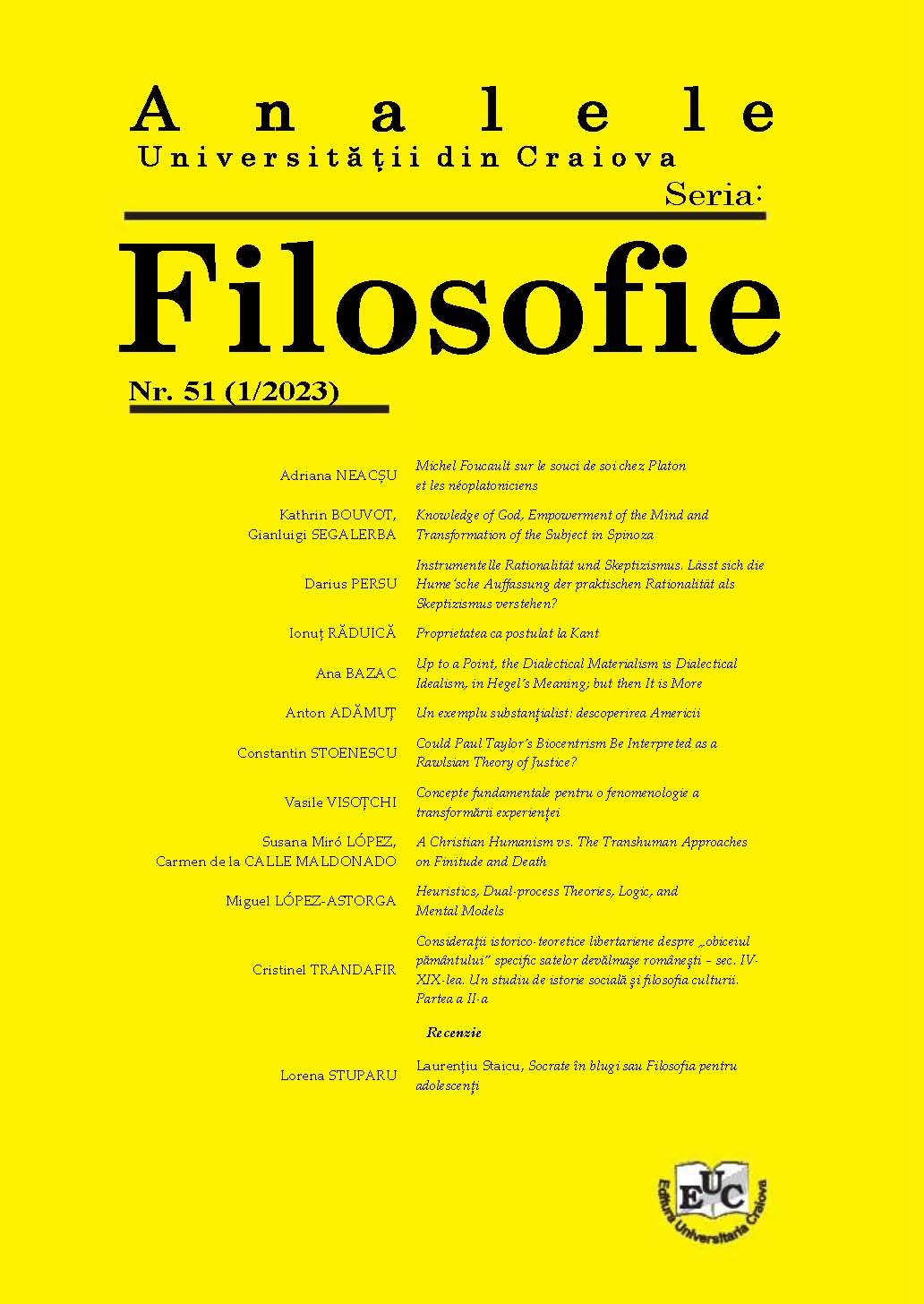
This essay examines the question of whether the Humean view of instrumental rationality, i.e., rationality in the sense of acting optimally to achieve given goals, should be understood as skepticism. The analysis draws on two classic texts on the problem of practical rationality, namely K. Setiya's essay "Hume on Practical Reason" and J. Hampton's essay "Does Hume have an Instrumental Conception on Practical Reason?”. The text contains three parts. The first part is dedicated to some terminological distinctions regarding the question of skepticism and practical rationality. The second part outlines the arguments offered by the two authors in relation to the question posed in the title. The third part of the analysis points out the most important ideas that, in my opinion, make K. Setyia's argumentation more convincing than J. Hampton's.
More...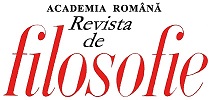
In the first pages of the 'Treatise on the Emendation of the Intellect' Spinoza reveals his project to investigate whether there is a true and communicable good. Because he found that people generally focus on achieving goals that do not really satisfy them, he set out to find the way to a good life and stable human happiness. This article starts from a similar concern of Ecclesiastes and explores in the first part the model of human nature proposed by Spinoza. The ideal state of human nature is that in which man unites with the most perfect being, God, and experiences the joy of this union. Good life is investigated from the perspective of essential elements that contribute to the development and flourishing of a human being.
More...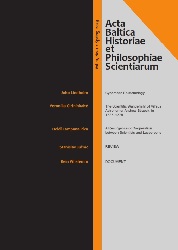
In 1777–1778, astronomer Andrew Strzecki (Polish Andrzej Strzecki, Lithuanian Andrius Streckis, 1737–1797) from Vilnius went on a scientific journey to Western Europe, visiting Vienna, Paris, London, and some other cities. This article aims to investigate and describe the motives, chronology, itinerary, and outcomes of this journey, and to evaluate the importance of this event for the science history of Vilnius and Europe. The research is based on an analysis of original correspondence, with some of the letters mentioned in print for the first time. The narrative method was applied to create a coherent storyline from the incomplete data found in various manuscripts and other sources. The research sheds light on previously obscure details of Early Modern European scientific communication, among them, the connections between astronomers of Vilnius and Vienna. The article also mentions the circumstances of the events, which were essential in the history of Vilnius University: the election of Marcin Poczobut Odlianicki (Lithuanian Martynas Odlianickis Počobutas, 1726–1810) as a member correspondent of the Paris Academy of Sciences and international recognition of the constellation he introduced, Taurus Poniatovii. The article confirms that the social and scientific ties of astronomers in Vilnius were much broader than what is usually described and included their close personal relationships with some of the first-rated scholars of the era, such as Rugerius Boskovich, Nevil Maskelyne, and Benjamin Franklin.
More...
Scholars reading early modern texts are by now aware that some primary sources are forgotten, that some historical figures become neglected, and that some early printed works – not to mention manuscript sources – are only rarely requested by readers in libraries across the world. Reasons leading to this situation are diverse, ranging from the availability of primary sources to the rather conservative canonical lists of authors promoted by traditional histories and narratives in various disciplines. The current edition of Antoine Le Grand‘s annotations to a treatise on natural philosophy, written by Jacques Rohault, illustrates well such a case of historical disregard of an early modern source. It is not about a forgotten figure – Jacques Rohault or Antoine Le Grand – but about a text, which is not studied anymore and only rarely mentioned in the secondary literature, despite its significance in the early modern period. For a number of years, (at least) between 1682 and 1696, the edition of Rohault‘s book, with Le Grand‘s annotations, circulated widely in England and The Netherlands, and was used as a university textbook at Cambridge.
More...
QUOD huic Tractatui Physico manum addiderim, Vir Clarissime, effecerimque ut nunc in lucem emendatior prodiret, non tam meæ curæ, quàm Aliorum Sedulitati acceptum feras, velim. Nonnulli enim Bono publico sedulò intenti, & quibus Studiorum propago cordi est, haud pati valuere, ut tam illustre Opus, tantique Authoris Lucubrationes diutius deformes exponerentur, ac toto propemodum corpore corruptæ manerent (An id Typographi incuria, an vero Translatoris vitio/ factum sit, animus expiscari non est) Quare ab iis pluries rogatus quatenus labefactatum Opus refarcirem, aptiorique Latinitate donarem, eorum voti lubens annui, & ut Affectum etiam testarer, Animadversionibus quibusdam auxi, quatenus non purgatius modò, sed & locupletius appareret.
More...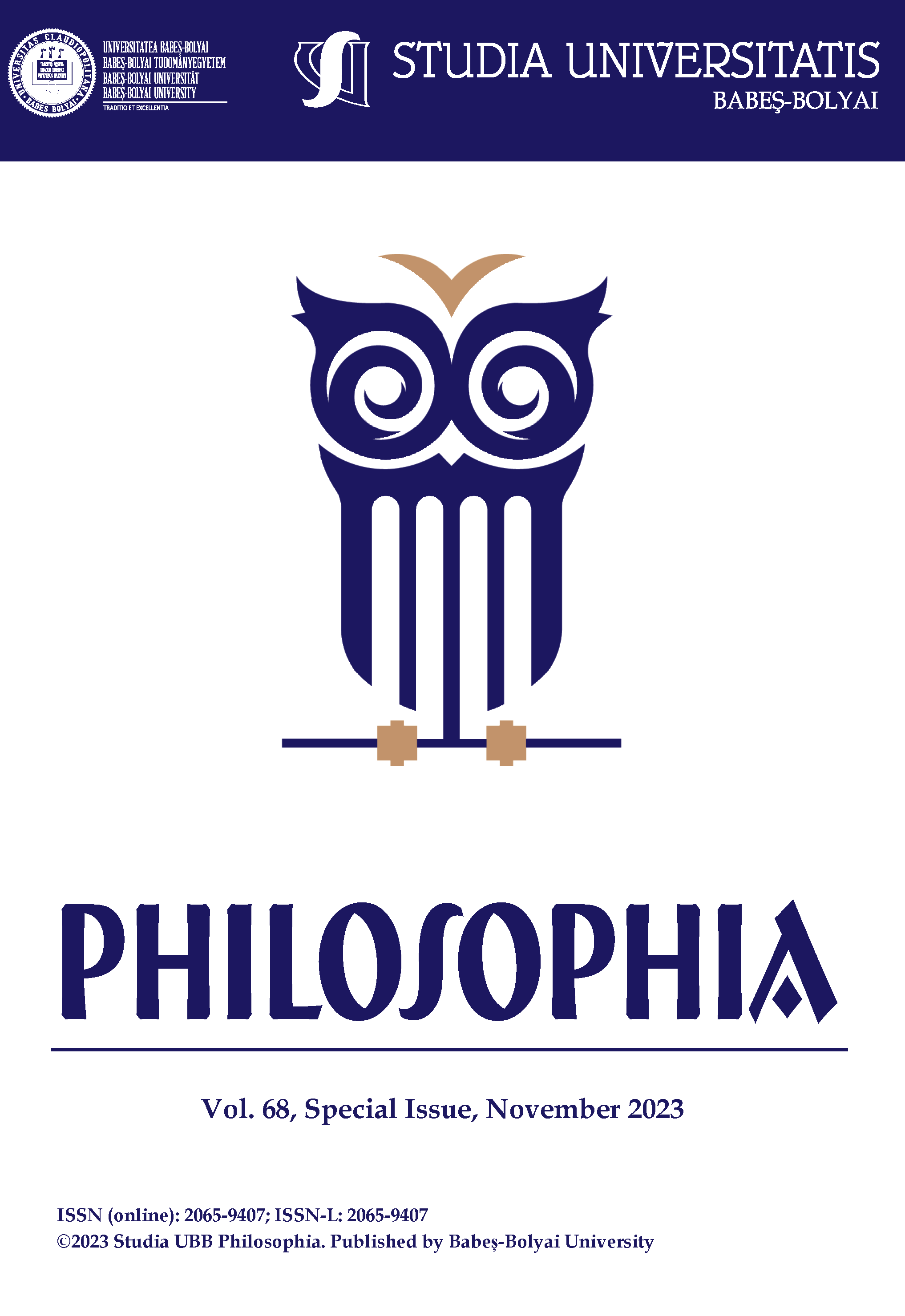
Reading Voice and Phenomenon from a phenomenological perspective, this paper argues that the book is an internal criticism of Husserlian phenomenology that, among other things, can serve as an introduction to Husserl’s genetic method. Derrida’s most powerful arguments are delivered by turning the Cartesian method of Logical Investigations and Ideas I to Husserl’s inquiries into time-consciousness; as such, it is a phenomenological criticism through and through. An analysis of Husserl’s later manuscripts and lectures published posthumously shows that driven by what Derrida calls the radicality of intuitionism, Husserl has developed a genetic phenomenological method that breaks free from the metaphysics of presence and arrived at a conception of meaning and language that is similar to Derrida’s.
More...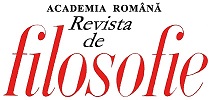
David Hume is one of the most acclaimed but also controversial modern philosophers. He treated various philosophical topics in his own way, which he related to criteria and methods of empiricism in the sphere of epistemology. Among these topics are the doctrine of liberty and moral responsibility, but also the concept of personal identity. Hume admitted that man is a free and responsible being, as he possesses a sense of morality, but challenged the traditional interpretation of rational, conscious man as an identical, unitary and constant self throughout his life, on the grounds that there would be no strong impression of such a self. The problem is that the two approaches cannot be associated in a coherent vision of man. If man has no permanent personal identity, he can have no personal and real moral responsibility, for he could no longer be a constant moral agent. Logically, a necessary connection must be admitted between the ethical idea of personal responsibility and the anthropological concept of personal identity, for otherwise the whole Humean vision would be incoherent, unsatisfactory and even contradictory. Lacking this necessary connection, the objections to his philosophy prove legitimate.
More...